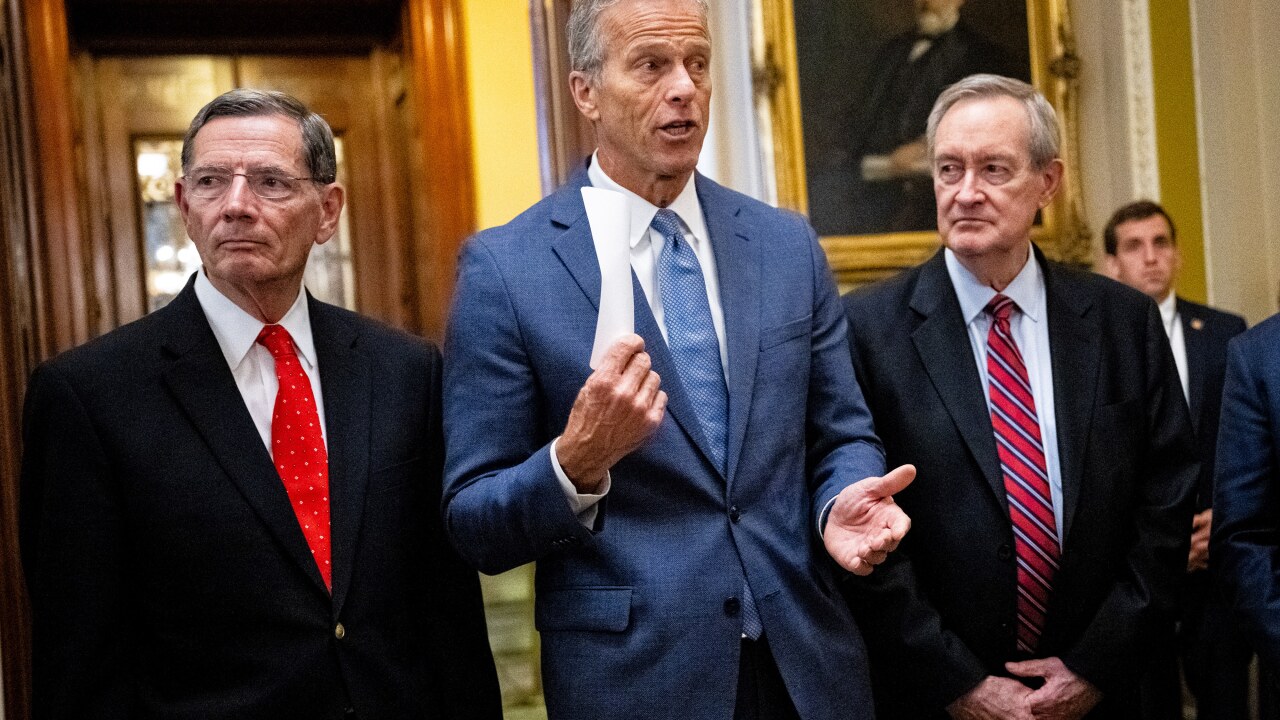-
Tempo Payments, a pioneer of the decoupled-debit card, is winding down its operations. Mike Grossman, Tempo's CEO, puts the blame squarely on the Durbin amendment.
July 11 -
When Royal Dutch Shell PLC introduced a debit card last year that used the automated clearing house network, it expected to sign up 25,000 customers in 2009; instead, it tripled that number.
March 30 -
Debitman Card Inc., which has touted its proprietary network to merchants as a low-cost alternative to other debit systems, is trying to expand its focus and challenge costlier types of payments.
November 29
For years, chip cards and decoupled debit were the electric cars of payments. The technologies got all the wonks excited, but they languished in the marketplace, at least in this country.
In 2011, support from big banks allowed chip cards to finally take off in the United States, while regulation appeared to put decoupled debit out of its misery.
The EMV standard for chip-cards is used in many countries to improve security beyond what the magnetic stripe is capable of providing, and in 2011, many large banks began issuing cards with embedded chips.
Decoupled debit allows consumers to link an additional card to a checking account. It uses the inexpensive automated clearing house network to handle payments. The cards are advertised to merchants as a cheaper alternative to accepting traditional debit cards. But the Durbin amendment to the Dodd-Frank Act, which capped so-called debit swipe fees, eliminated much of the incentive for merchants to seek other options.
"Our world changed when the Durbin amendment passed," Michael S. Grossman, the former chief executive of Tempo Payments Inc., says. Tempo, which was founded in 2000 as Debitman Card Inc., shut down this year after the Durbin rule made its business model unsustainable.
"We were literally singled out," by the legislation, Grossman says. "That's what killed us."
Tempo is an extreme example.National Payment Card Association is still in business. The Coconut Creek, Fla., company has been in pushing decoupled debit since 2004 and remains in business today. Joe Randazza, the company's founder and chief executive, could not be reached this week.
First Data Corp., an Atlanta unit of Kohlberg Kravis Roberts & Co., is still supporting the Shell Saver Card, a decoupled debit card for customers of Royal Dutch Shell PLC's gas stations. It also handles processing for other Shell transactions. A representative for the company's decoupled debit business could not be reached this week.
These companies, or even a new entrant, may find ways to succeed where Tempo failed. The decoupled-debit model "is a super-underutilized model," says Brian Riley, a research director in the bank cards practice at Towergroup. "There [are] a lot of ways to play with it."
The cards could add fees to make up for the revenue lost under the Durbin rule, he says.
Despite its gaining a long-overdue foothold in the U.S., the EMV standard sill has a long way to go.
"Outside of the international application, consumers are oblivious to EMV," says payments consultant Philip Philliou. But demand among international travelers, who want to use their U.S.-issued cards in other countries, will prompt "a steady but slow increase in the issuance of EMV cards throughout 2012," he says.
JPMorgan Chase & Co., U.S. Bancorp, Citigroup Inc. and Bank of America Corp. are all on the bandwagon. Their efforts focus on offering the cards to travelers to use overseas, rather than promoting the technology for domestic use. Some do not support the use of a PIN, commonly used with EMV cards in other countries.
Some merchants are concerned that the U.S.' reluctance to embrace EMV will make it an isolated target for fraudsters. Wal-Mart Stores Inc. has enabled EMV acceptance on all its domestic payment terminals.
There has been widespread transaction network and terminal support, as well.
Visa Inc. has announced a plan to encourage American merchants to embrace the EMV standard. The dominant ATM makers are also supporting EMV in the U.S., and with good reason: fraudsters typically target ATMs to get cash from stolen card data. Card-skimming crime causes an average loss of $50,000 per affected ATM, according to Aite Group.
The ATM makers NCR Corp. and Diebold Inc. are planning or building EMV-acceptance into their U.S. machines.
As for Grossman, he's now the chief executive of Attributor, a San Mateo, Calif., company focused on helping publishers protect copyrighted material.
He said he still thinks of Tempo. "We were just on a terrific path," he says. "It was so hard to get an entrepreneurial company off the ground like that, and at the exact moment of success, Congress changed the rules."





